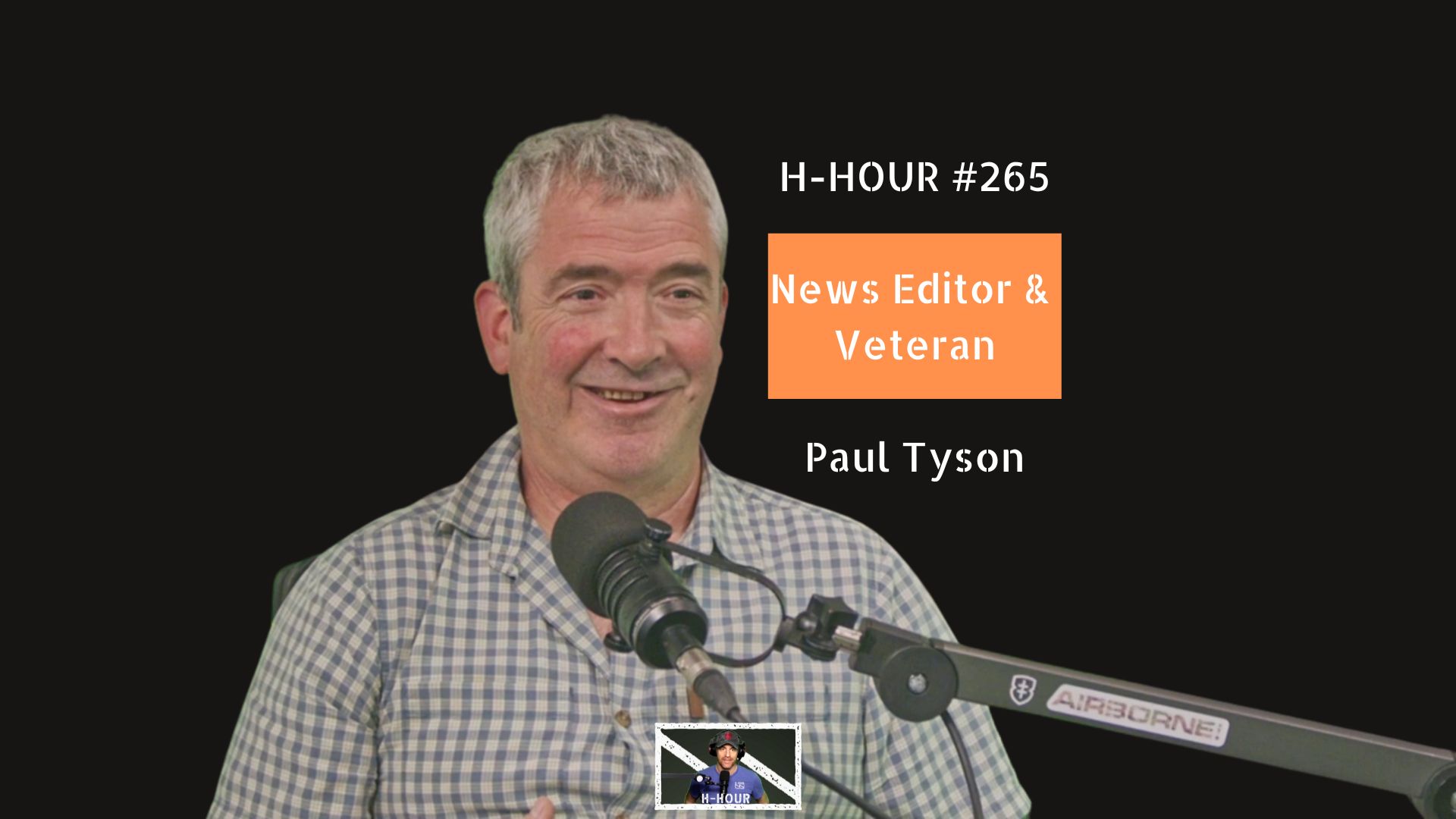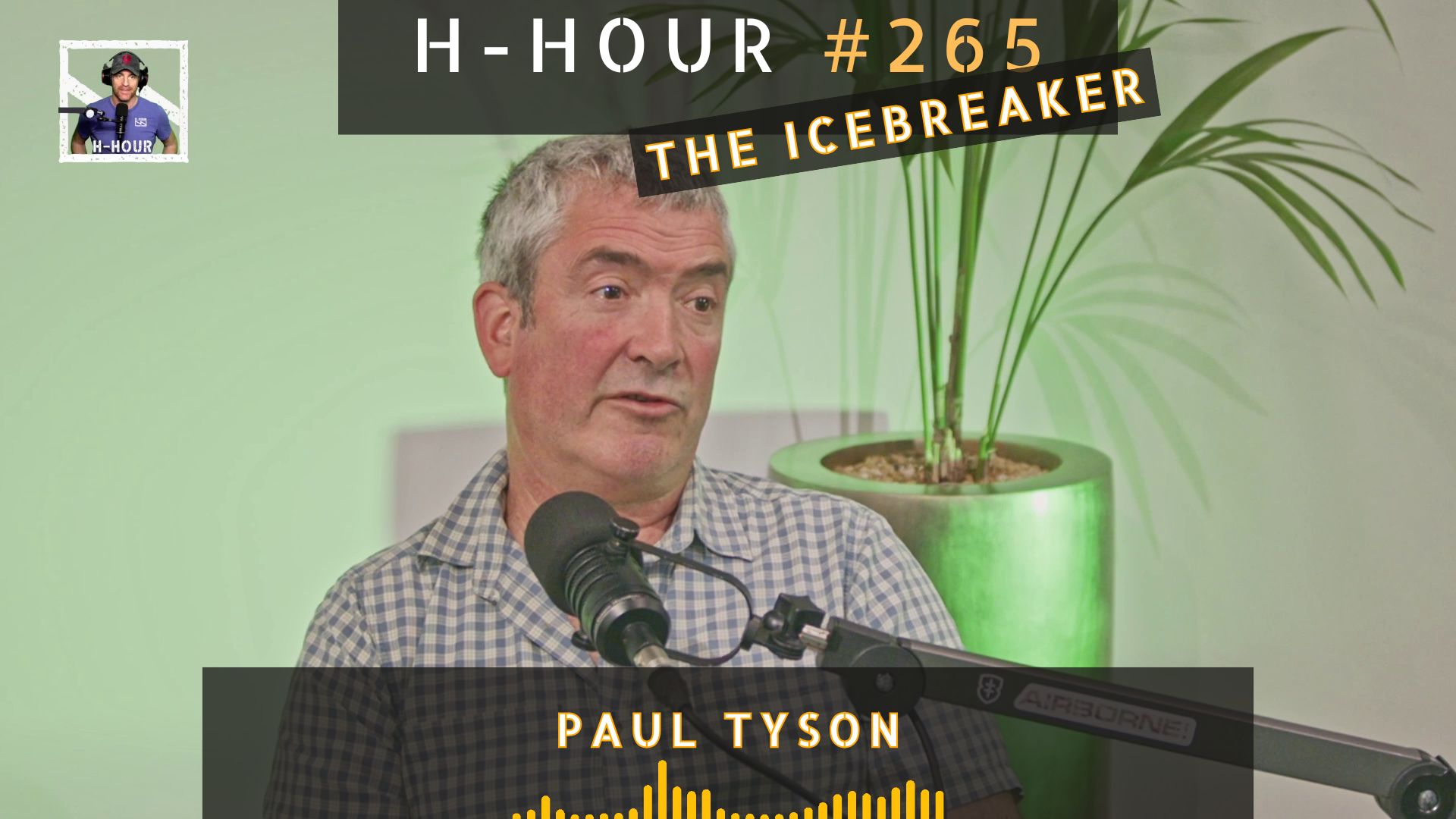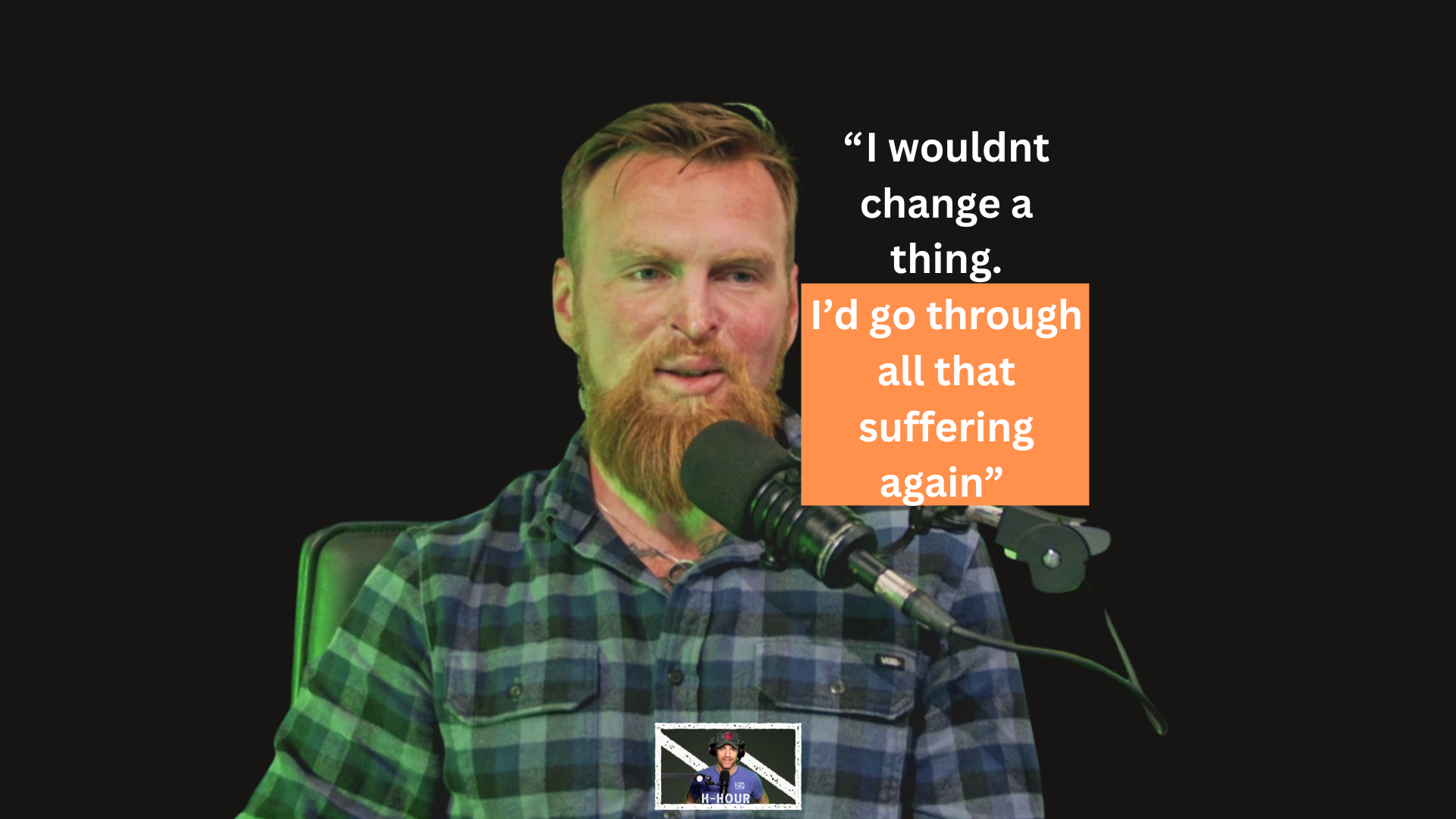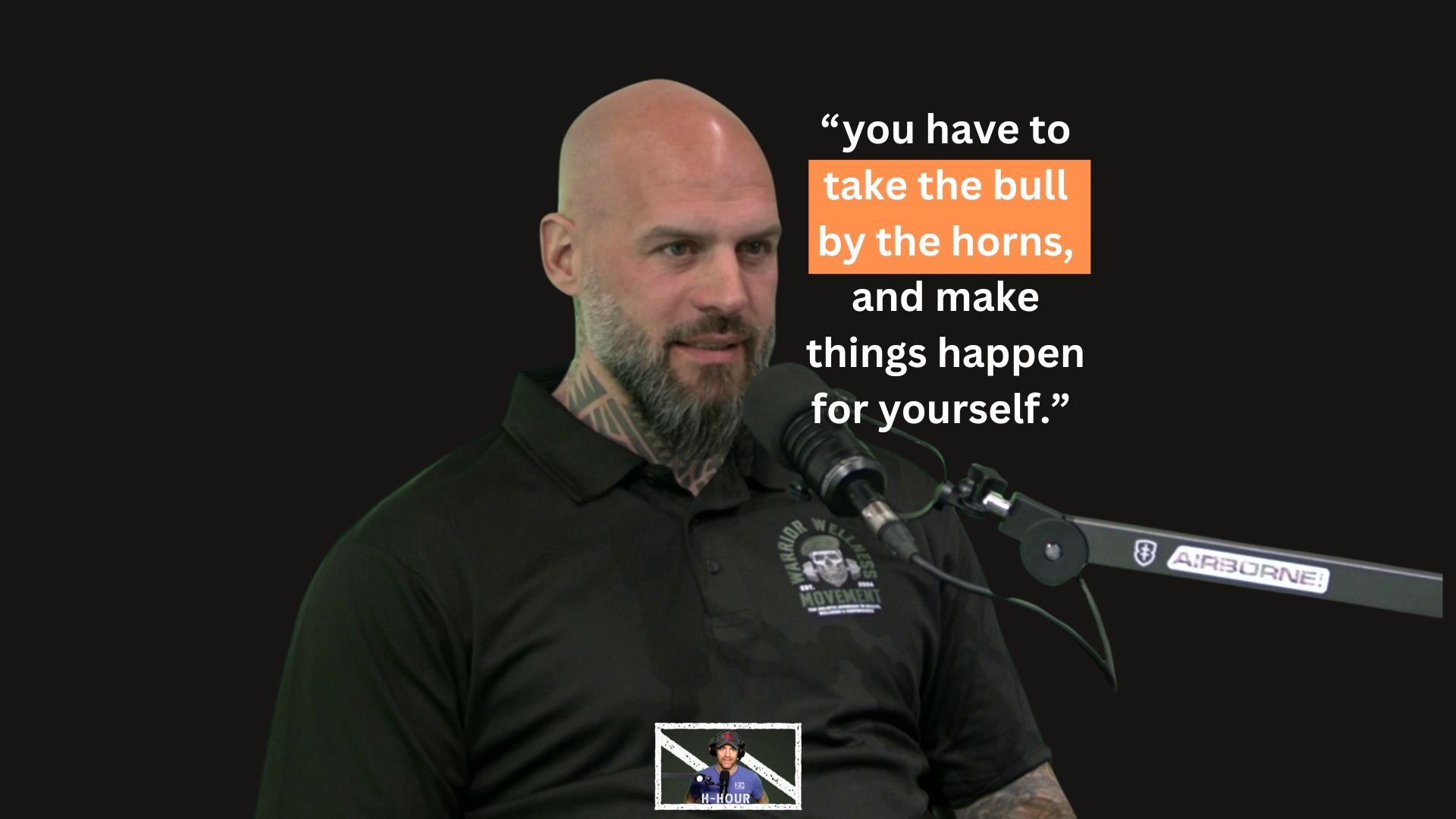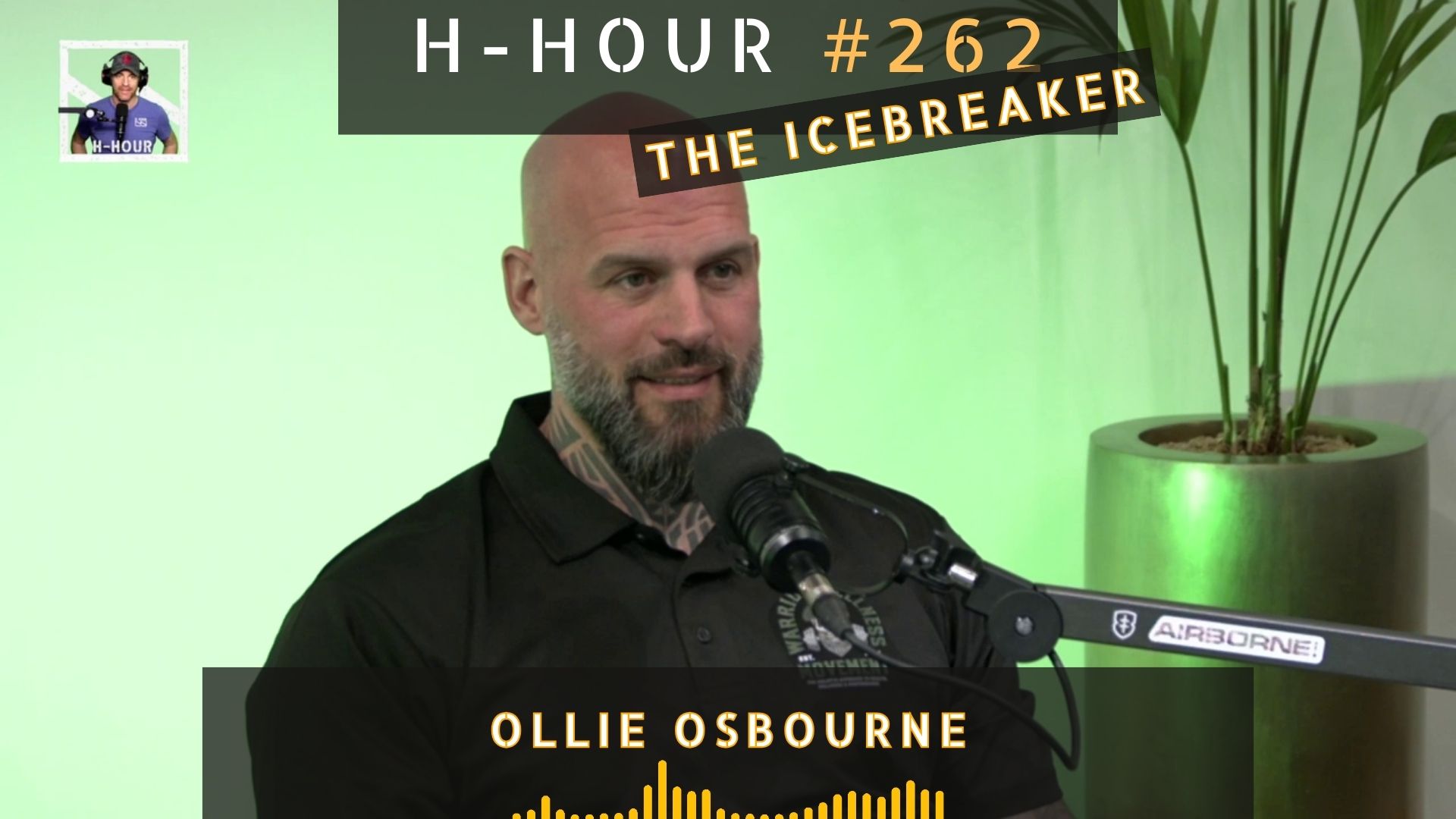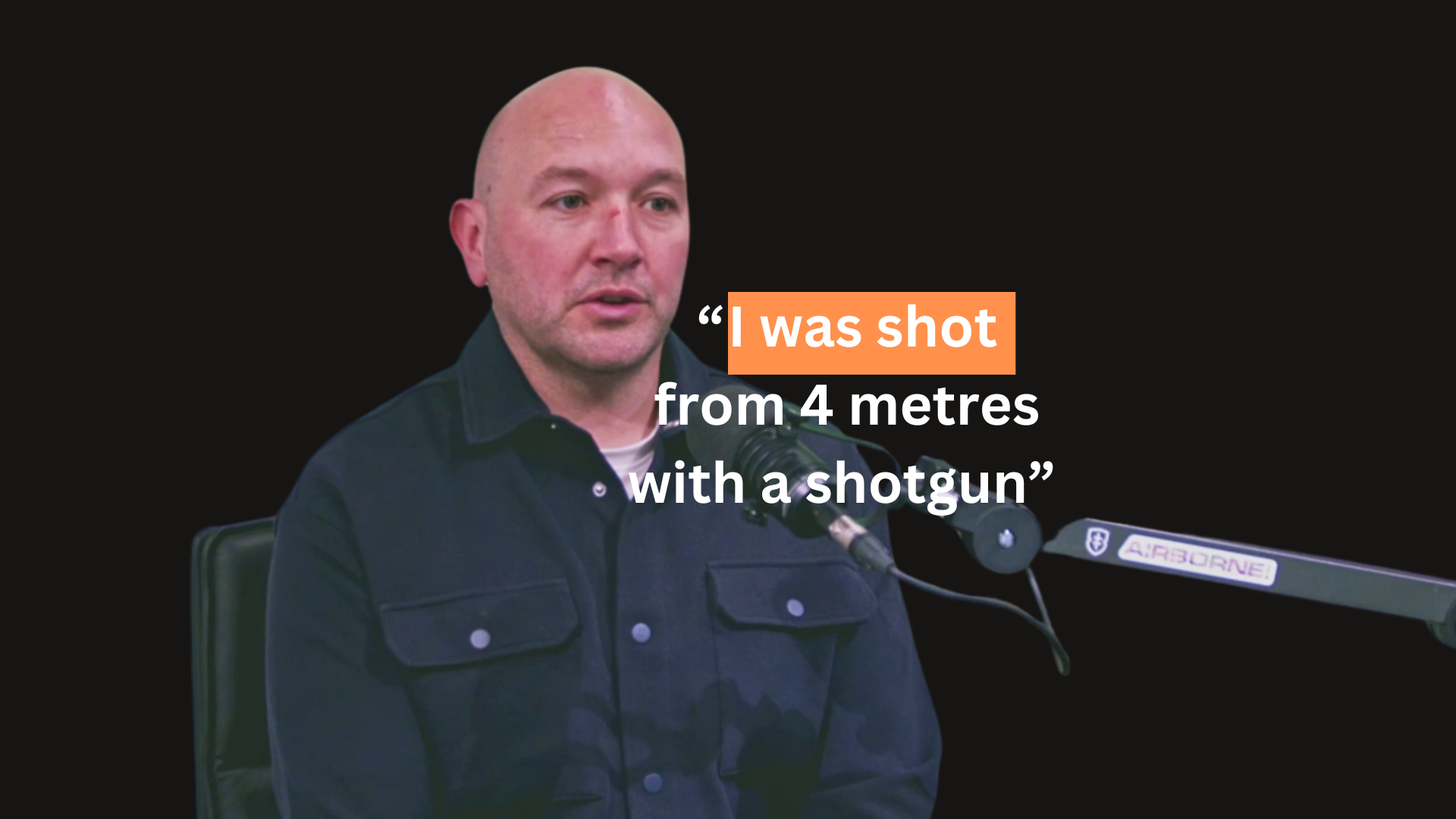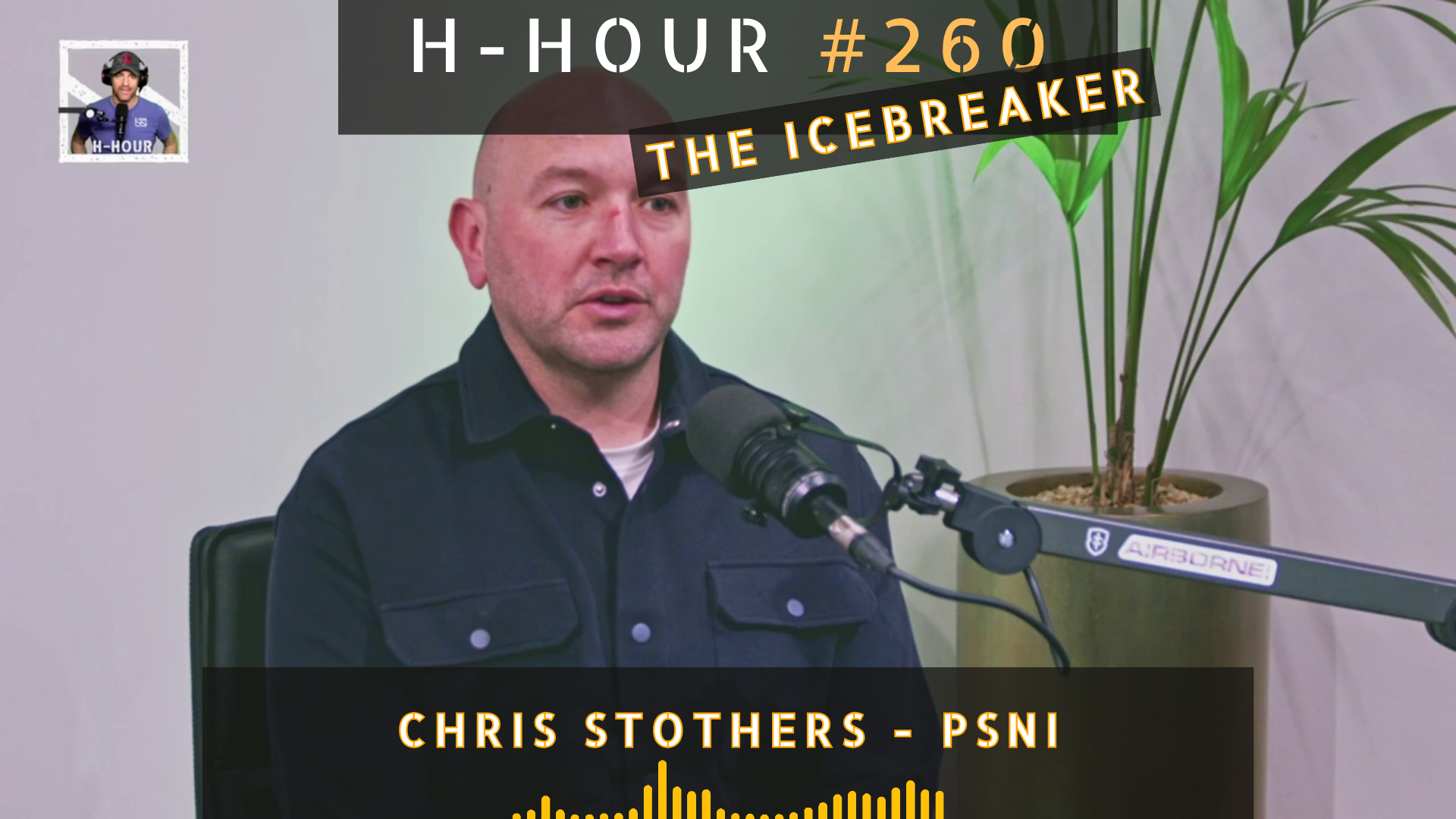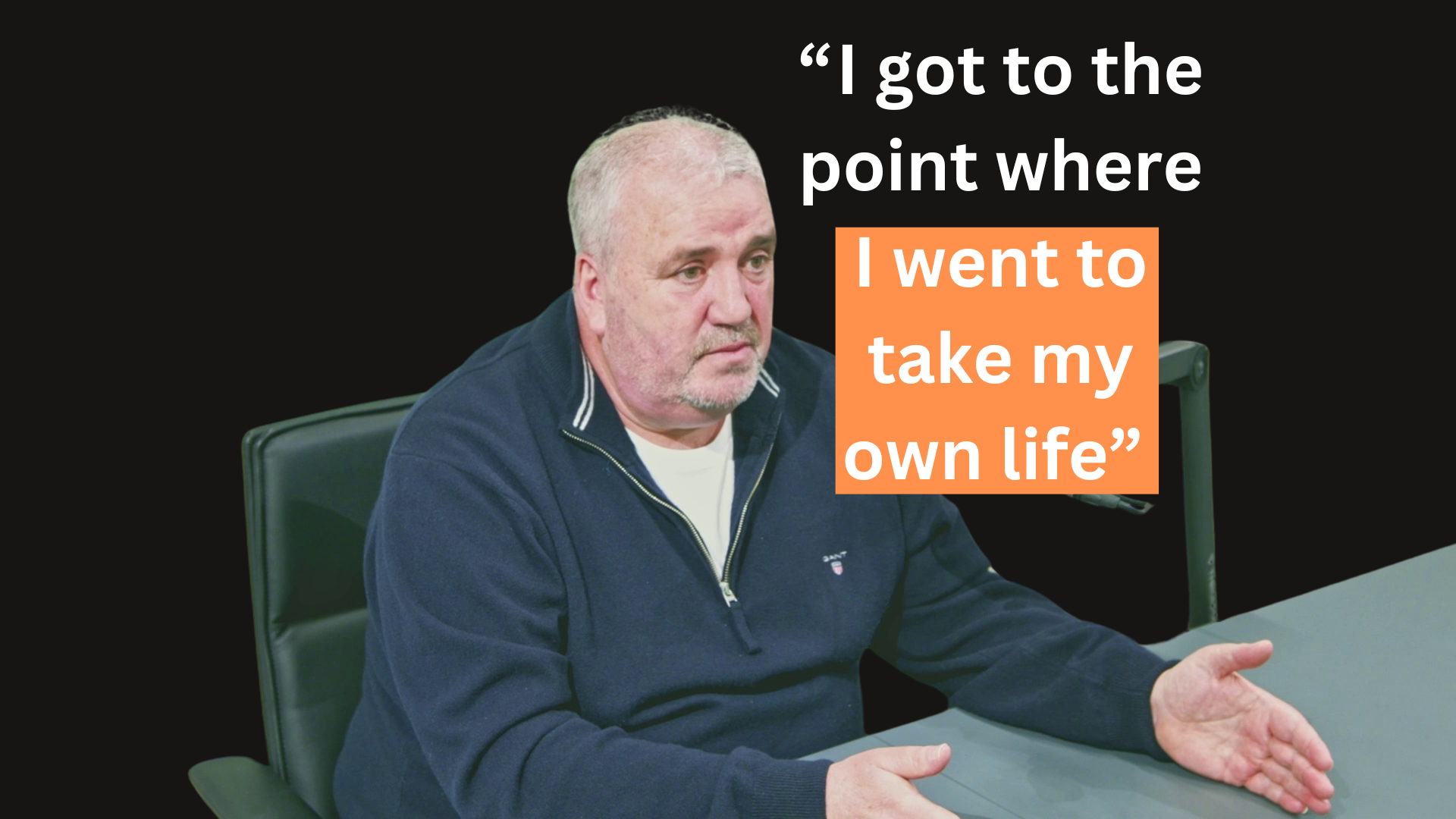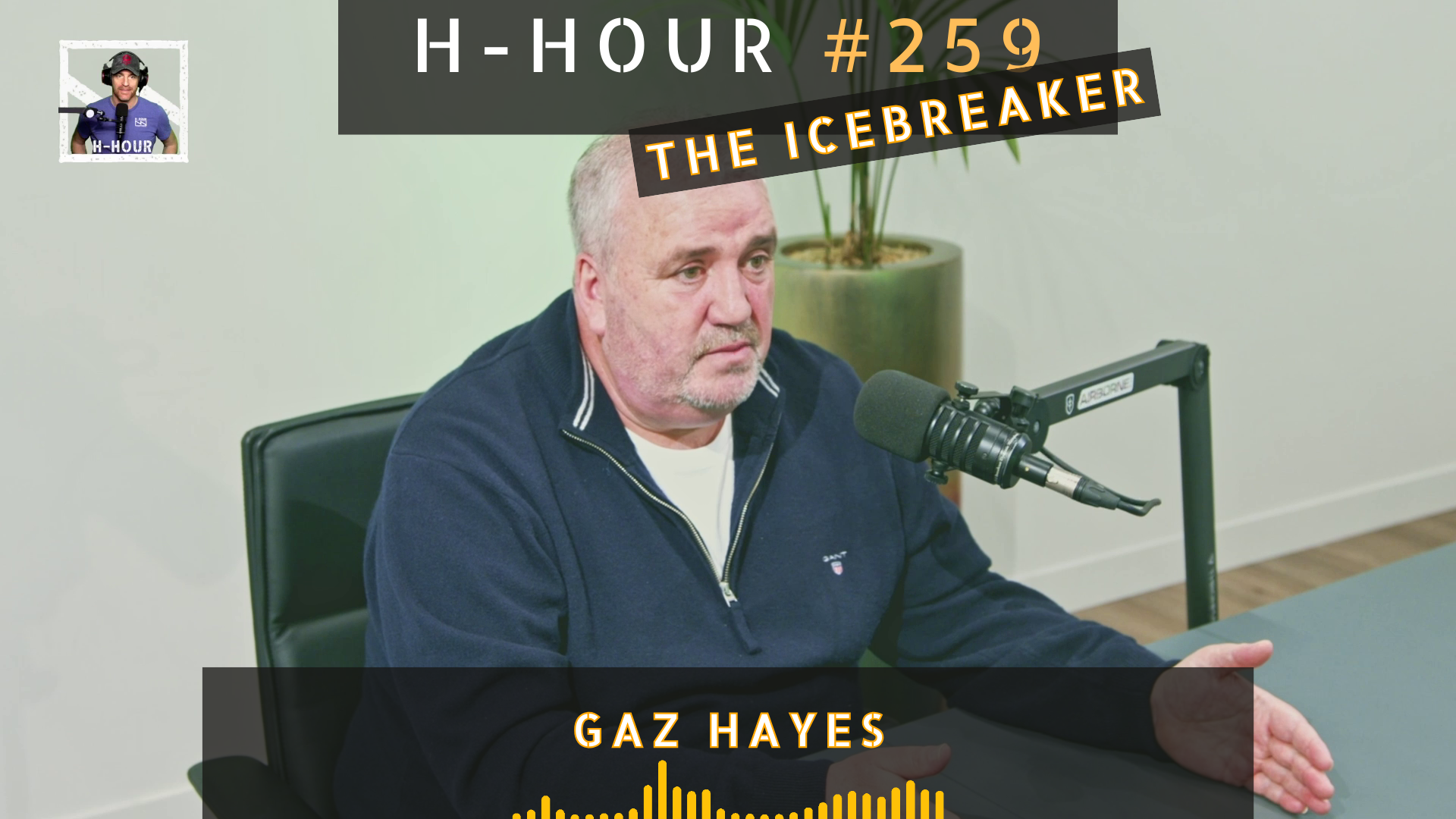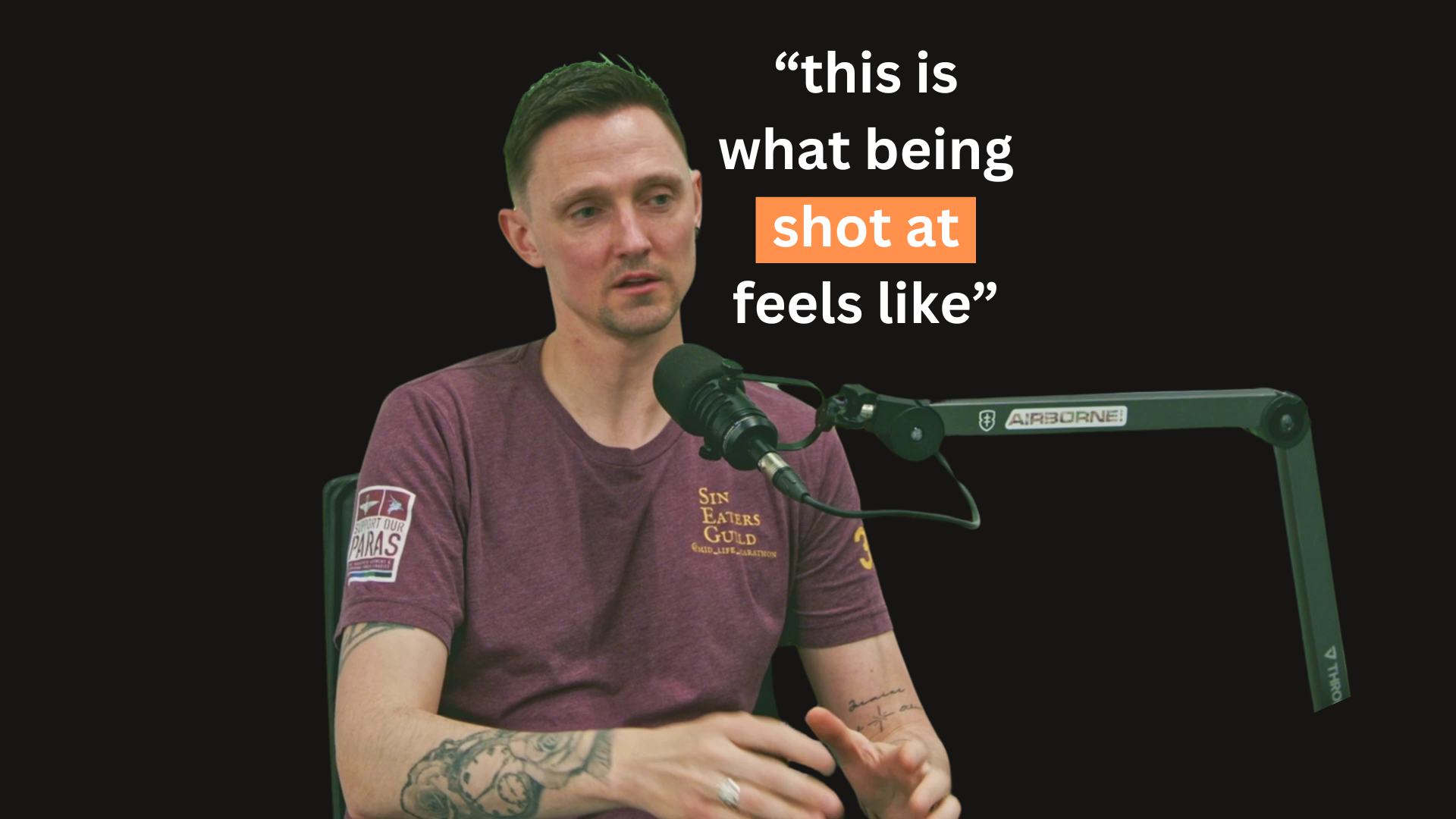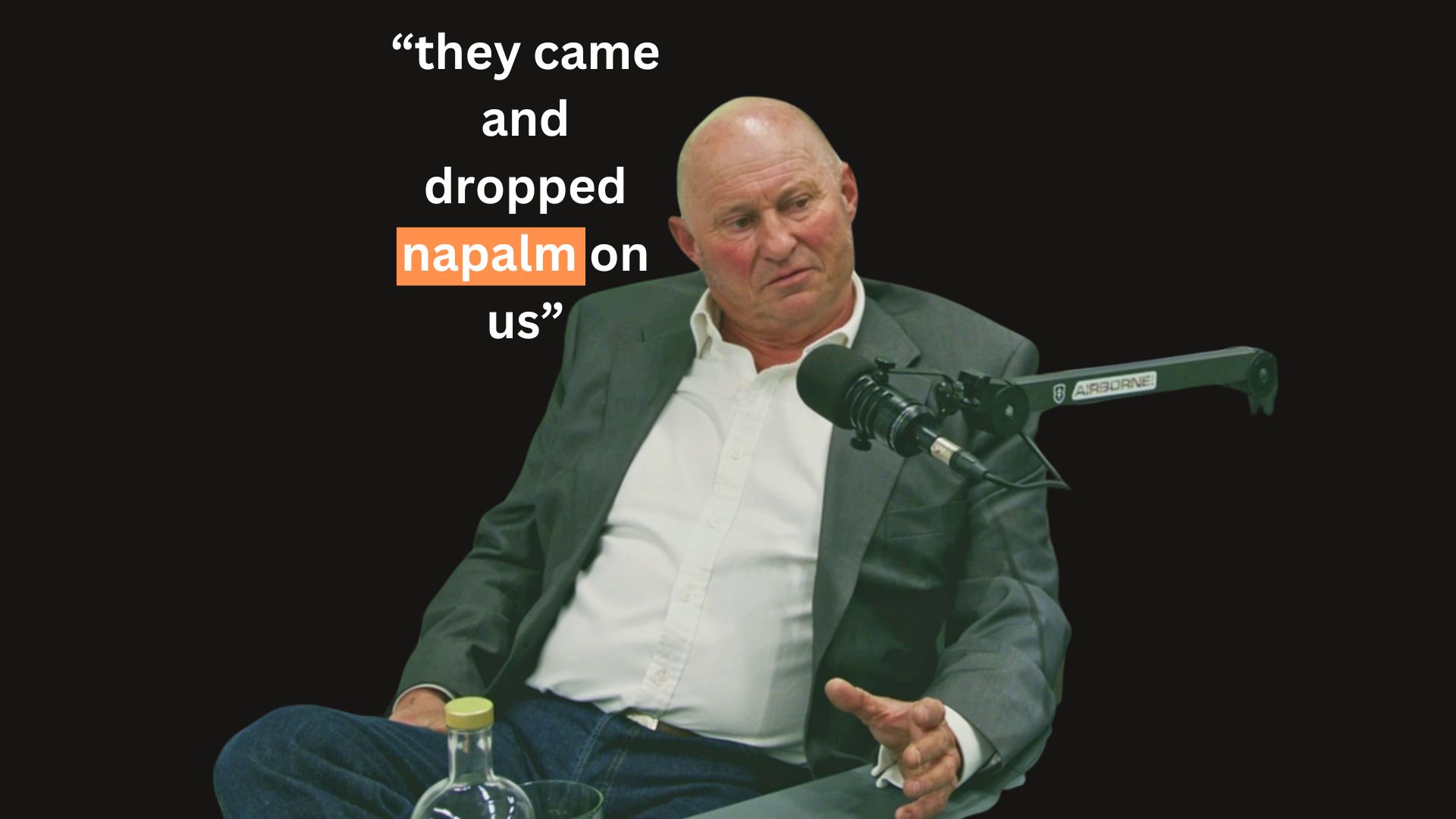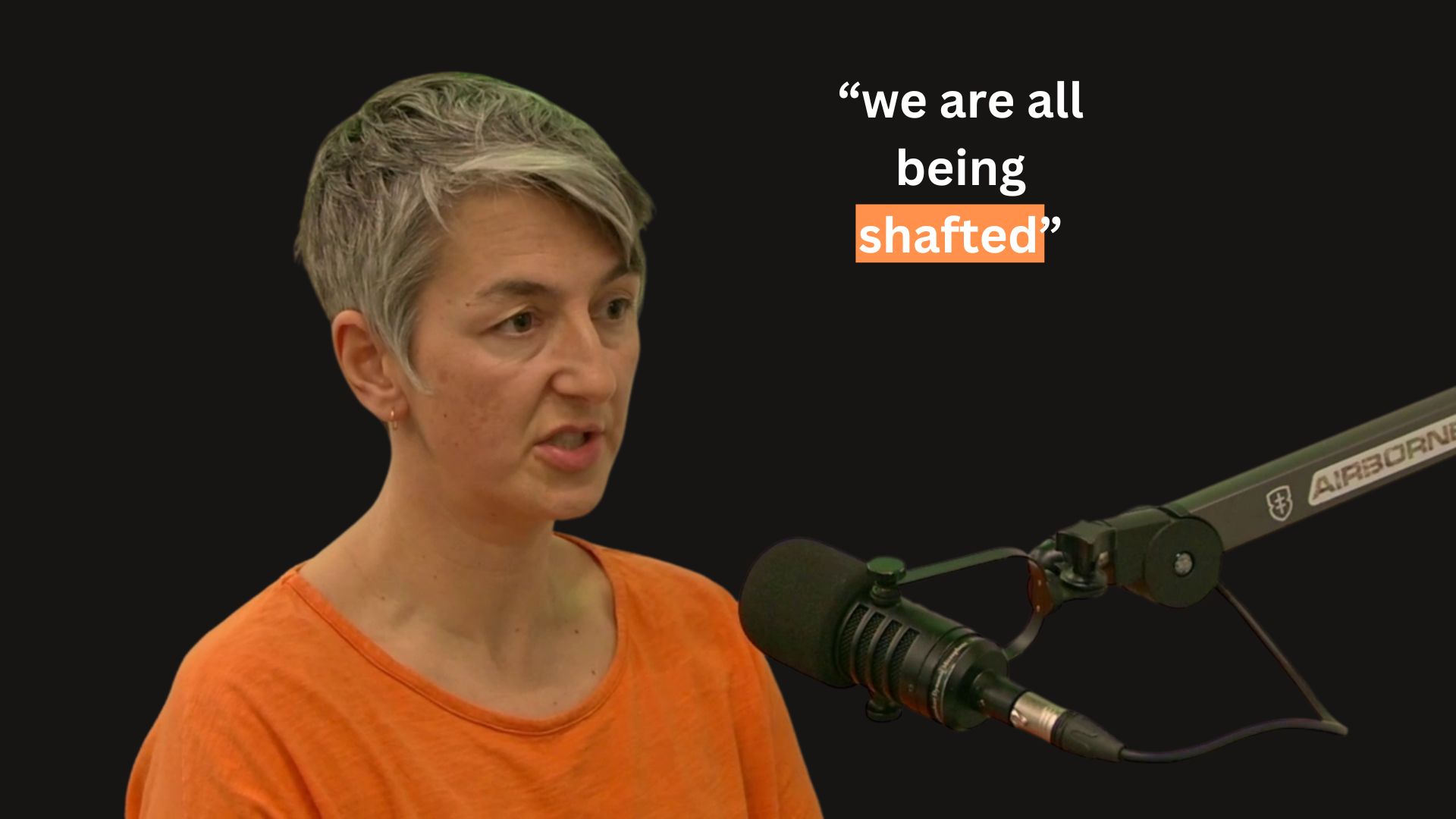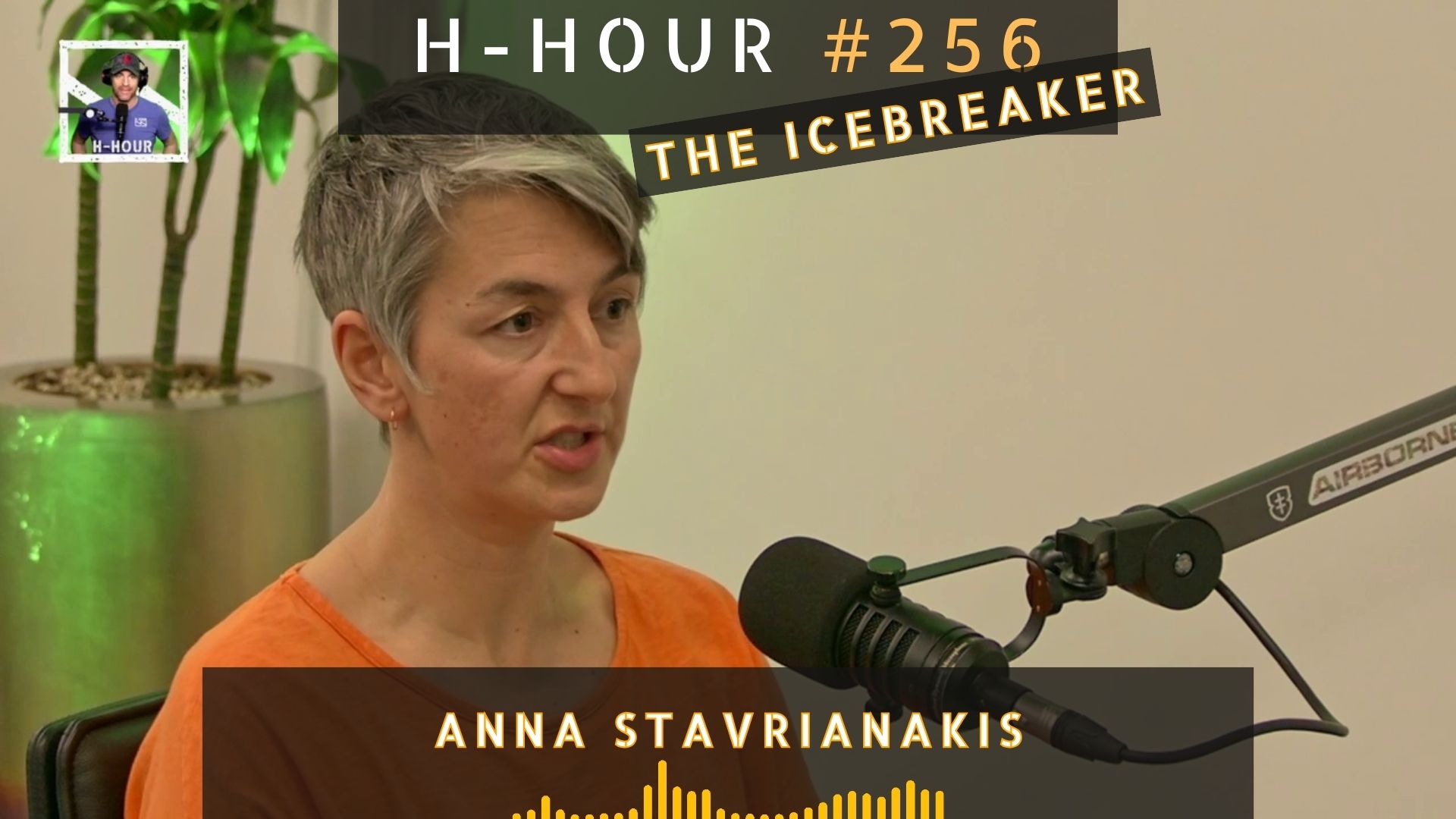H-Hour #227 Geraint Jones – author and podcast host
Podcast: Play in new window | Download | Embed
Geraint Jones is an author, host of Veteran State of Mind, and a former soldier. In this conversation, Geraint discusses his new book about World War II and the Battle of Normandy. Geraint and host Hugh Keir also touch on the topic of war and its impact on veterans. Geraint shares personal stories and accounts from soldiers who fought in the war, highlighting the emotional toll and the challenges they faced. They discuss WW2 veterans emotions and not being looked after after the war. The conversation also explores the differences between World War I and World War II veterans and the attitudes and emotions they had. Geraint emphasizes the importance of personal stories and the need to preserve and share them. The conversation delves into the themes of manipulation, indoctrination, and the complexities of human behaviour during times of war. It explores the motivations behind people’s actions and the impact of indoctrination and brainwashing. The conversation also touches on the experiences of World War II veterans and the challenges they faced in the hedgerow country of Normandy. The discussion highlights the importance of trade and friendships in preventing conflicts and the lasting effects of war on societies.
Takeaways
- War has a profound impact on veterans, both emotionally and physically.
- Personal stories from veterans are important to preserve and share.
- There were differences in attitudes and emotions between World War I and World War II veterans.
- Myths about veterans not getting emotional and not being looked after after the war are debunked.
- The guest’s new book focuses on the Battle of Normandy and aims to shed light on lesser-known aspects of the campaign. Manipulation and indoctrination can motivate people to do heinous things.
- The indoctrination and brainwashing of individuals can lead to strong and deeply ingrained beliefs.
- The experiences of war can create deep-seated hatred and animosity towards certain groups or nations.
- The complexities of human behavior during war can range from acts of heroism and empathy to acts of violence and cruelty.
- Trade and friendships can be more effective in preventing conflicts than engaging in war.


